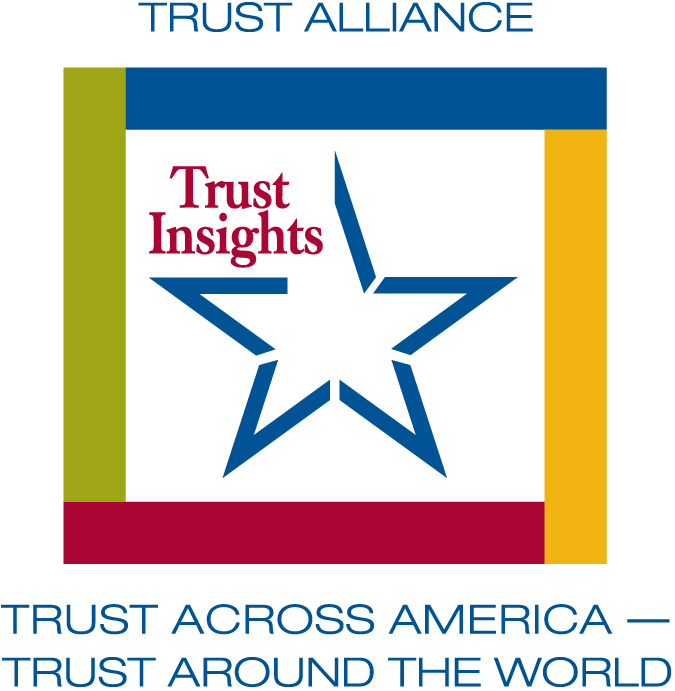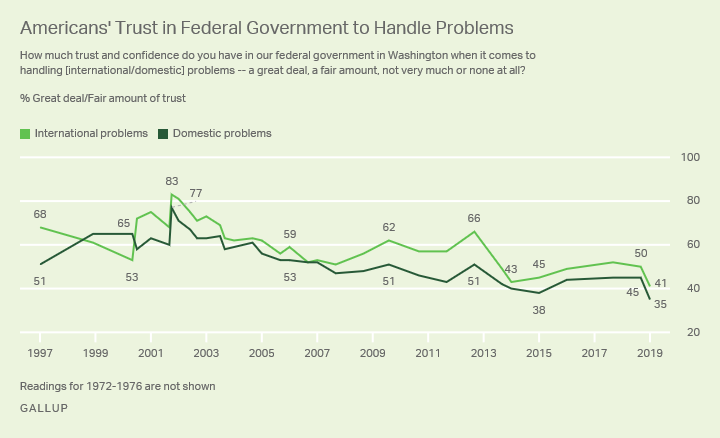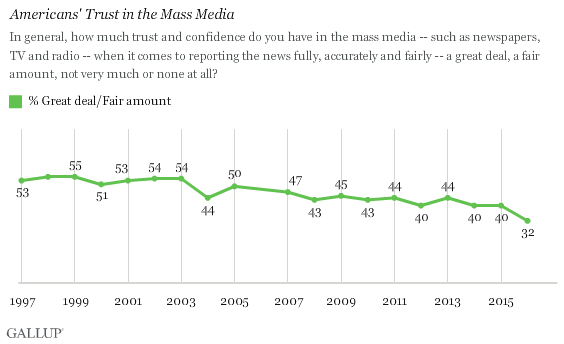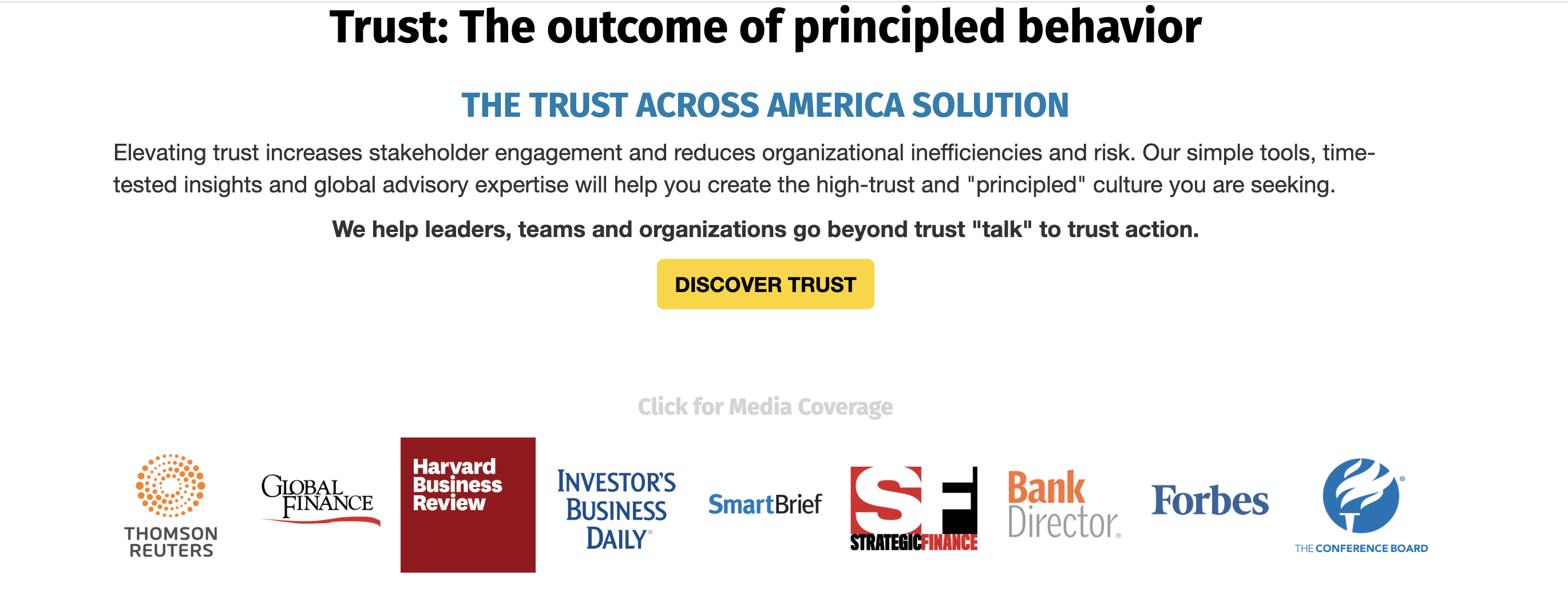 Our new reality is teaching us so much about trust. Barbara Brooks Kimmel
Our new reality is teaching us so much about trust. Barbara Brooks Kimmel
This past Thursday, nine members of our Trust Alliance, from four countries, convened for the first in a series of weekly Zoom “Lunch and Learns.” The discussion topic was Trust Lessons from Coronavirus. The conversation ran the gamut from families to communities, and up the societal ladder to government and beyond.
Let’s begin with trust lessons for the family and work our way up from there.
The Family
The modern family operates differently than it did just a generation ago, when more mothers stayed home with their children. In my research I uncovered the following. As of 2018, 63% of all American families have two working parents. In 1989 the number was 53%. (US Bureau of Labor Statistics.) This represents close to a 19% increase. Suddenly, both parents are home, with many working remotely, and their kids are home too, with no school or childcare options. Certainly a shock and a “new reality” for many families. What does this have to do with trust? Just about everything.
Randy Conley of The Ken Blanchard Companies spoke about benevolence and compassion as not only the launch pad for building greater trust, but as the basis of the human fundamental connection. Working parents may want to consider using this “teaching” moment to build even stronger bonds with their children who will then have an improved “skill set” to build them with their friends, communities, teammates and beyond. Parents may consider taking some of these lessons back to their jobs when they return. This could translate into higher levels of workplace trust and more trustworthy generations in the future.
The Community
At the community level, Lea Brovedani is encouraged by how she sees people connecting, displaying tremendous empathy and generosity towards others by offering to help neighbors, joining together in fundraising for nurses and hospitals, and accepting “distancing” (and even washing hands) in the interests of protecting others. Both empathy and generosity build trust.
Darshan Kulkarni, our resident bioethicist, happens to live across the street from a hospital in a large US city. He is witnessing the virus first hand from his window. He urges everyone in every community to take time to separate fact from fiction to get a better “feel” for what is going on, and lessen fear and panic. Understanding that the political push and pull, and the day to day Fox vs. CNN reporting may hurt trust in the short term, it’s now up to communities to pull together to ensure that trust is not eroded over the long term.
The Workplace
David Belden, an organizational strategy consultant discussed how the coronavirus will permanently change the way we work. He reminded us that in many ways the 2008 financial crisis taught companies how to be more productive with fewer employees. Twelve years later and many people are accustomed to working remotely. Now, even more employees have joined those ranks. Will that continue post Coronavirus crisis? Will employers become more efficient? Will trust flourish as in-person micromanagement is no longer an option? Perhaps output increases when time clocks no longer need to be punched.
Will home based employees be more productive with less rules and restrictions? How about those organizations where remote teams have flourished for many years, using ever improving technology to enhance a new form of “teamwork” and efficiency? Has their forward-thinking strategy built a stronger foundation of trust, and a clear business advantage going forward? Because companies are now being given an opportunity to become even more efficient, will they share their wealth with their employees? This is the perfect time for leaders to demonstrate their support for their workers through their actions, not just their words. Think “Purpose” with a capital “P.”
From Canada, Natalie Doyle Oldfield reminded us of how trust builds business relationships, internally with employees and externally with customers and suppliers. At Trust Across America-Trust Around the World, we call that the trust “bank account.” Whether an entrepreneur, a small business owner or the CEO of a multinational company, the bigger that trust account pre crisis, the more stakeholders will remain loyal during the crisis, and the faster the post crisis recovery will be for business leaders who banked it.
Mark Donohue founder of LifeGuides presented another point of view expressing concerns that working from home will be isolating while social connections disintegrate. He shared that 43% of the US workforce currently works remotely (Gallup). Perhaps the time has come, or is past due, to redesign support systems that not only build trust between employers and employees, but also offer better benefits including counseling services during times of isolation and/or personal crisis.
Government
Our European members weighed in on the role government is playing in building or destroying trust. Olivia Mathijsen, a leadership and business advisor is at ground zero for Coronavirus, working remotely in Milan, Italy. She reminded us that different legislators have contrasting points of view, not all data is created equal, that cost cutting in the health sector has created some of the dissolution of trust, and that some media outlets are fueling mistrust by disseminating misinformation. But she sees a silver lining, and that’s compassion being shown and assistance offered not only between individuals, but also between countries, essential components for building societal trust that will hopefully continue post crisis.
Geert Vermeulen, an ethics and compliance expert reporting in from the Netherlands spoke of the shortages of critical supplies and regulatory constraints that have further taxed the system. But he also sees elevating levels of trust as individuals and companies work together to meet societal needs.
The last few minutes of the conversation turned to the shared GLOBAL level of accountability, empathy, compassion and benevolence that has been so apparent over the past several weeks. If we can maintain these basic human behaviors when the Coronavirus crisis subsides, societal trust will certainly be stronger.
In closing, David Belden pointed out that the Latinized form of the Greek word crisis (krisis) means turning point. Coronavirus is already moving the world in the direction of increasing empathy, compassion and benevolence. And as Mark Donohue concluded, the nature of trust is built on the “golden rule,” perhaps the most important reminder during these challenging times.
An abbreviated version of this article was published earlier this week on SmartBrief.
If you would like to participate in our upcoming “Lunch & Learns” join our Trust Alliance.
Before you leave, Tap Into Trust and complete our 1 minute/1 question quiz. Find out how the level of trust in your workplace compares to hundreds of others.
Have you reviewed how our workshops are helping teams and organizations just like yours elevate trust? Schedule an ONLINE webinar today.
Did you miss our previous 2020 Trust Insights? Access them at this link.
Contact us for more information on elevating trust on your team or in your organization or email me directly: barbara@trustacrossamerica.com
Copyright 2020, Next Decade, Inc.







Recent Comments